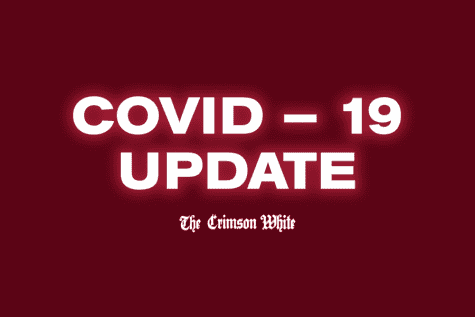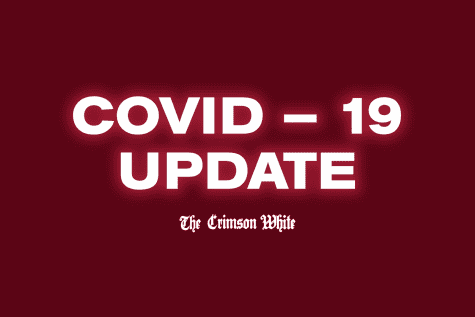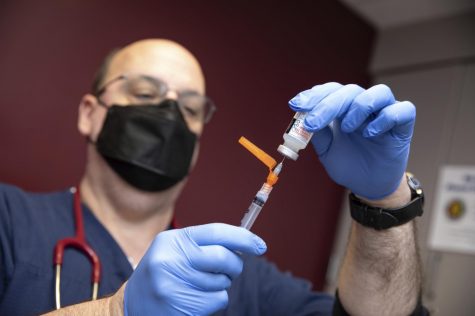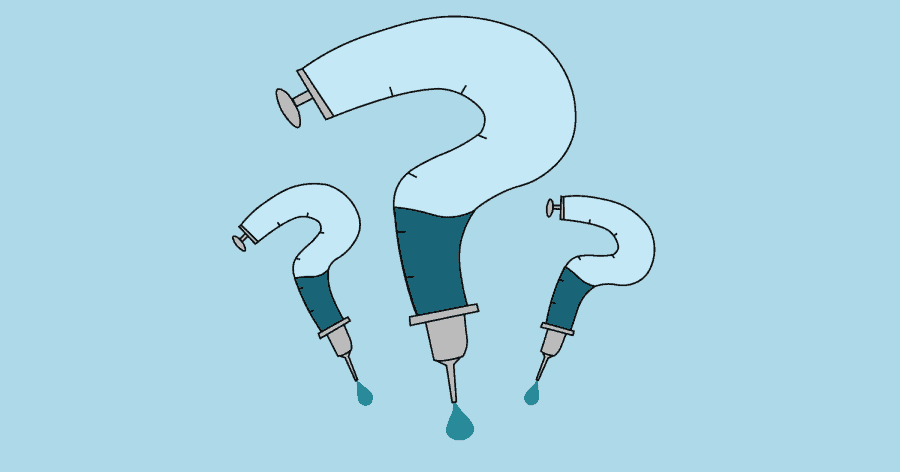A COVID-19 vaccine could be available soon. What will that mean on campus?
The potential mRNA-based COVID-19 vaccinations boast a high efficacy rate. But we still have a ways to go.
COVID-19 cases have been spiking across the country, and there is no statistical end in sight. But in recent days, the nation received major updates on vaccines currently in development by U.S. pharmaceutical companies. Some of these companies are partners in Operation Warp Speed, a federal initiative to develop and distribute a vaccine efficiently and effectively using public-private partnerships and the logistical capability of the military. Before we get our hopes up, there are some questions that need to be answered about these potential vaccines.
What are the new vaccines?
Vaccines being developed by the companies Pfizer and Moderna are mRNA-based vaccines. This versatile class of vaccine has yet to be widely used on the public, though it has been the subject of much research in recent years. As recently as 2015, the Bill and Melinda Gates Foundation invested $52 million in a company developing mRNA vaccines.
Usually, when producing vaccines, scientists incorporate a weakened or dead form of the virus, called an antigen, into the vaccine itself so that the body can create antibodies to fight the disease. The idea behind an mRNA-based vaccine is that scientists won’t need to isolate an antigen because they can instead trigger the body’s DNA to create the antigen itself. The traditional vaccine development process can take anywhere from 10-15 years. The advent of mRNA-based vaccines could cut that time down to a year.
With an mRNA vaccine, vaccinated people will require two shots about three weeks apart for it to be effective.
Do mRNA Vaccines Work?
With Pfizer and other companies saying that their vaccine is over 90% effective, there is a question about how exactly the vaccine would work. The mRNA in the vaccine is a type of genetic code that, once injected into the patient, should cue protein production in cells. The genetic code creates the spike proteins characteristic of COVID-19, allowing the body to produce antibodies targeting a distinctive feature of the virus. In theory, when the body recognizes these spike proteins on the live virus, it will already have an immune response directly targeting its proteins.
“Our federal government… chose many companies with different approaches for a good reason, they don’t want to put all their eggs in the mRNA basket,” Swapan Jain, an associate professor of chemistry at Bard College in New York, said.
The length of the vaccine’s effectiveness is also unknown. There is no scientific evidence that this is a vaccine that someone will only need to take once or if it will have to be a seasonal shot, like the flu.
Although this vaccine looks promising, there still are other companies using different methods to combat the virus. The mRNA vaccines still need to complete phase III of testing, which involves a larger sample group to make sure there are no other complications, and it must obtain FDA approval before there can be a mass distribution of the vaccine to the public.
How will the vaccine be distributed?
The vaccine, if approved by the FDA, will immediately be distributed to the public. However, it will not be distributed to everyone at first. The vaccine will first be distributed to high-risk individuals, first responders and people who are at a higher risk for severe symptoms. The official in charge of vaccine distribution is four-star General Gustave Perna. Perna has said that the U.S. government already has a stockpile of the various possible vaccines for distribution, although he did not comment on how much has been stockpiled at this time.
His major concern is that the required second dose three weeks after the initial shot will not arrive on time. This would be detrimental to the vaccine’s effectiveness.
Another problem that the military is working on is how the vaccine will be stored and transported. The Pfizer vaccine must be kept at a temperature that is well below freezing, negative 94 degrees Fahrenheit, making transportation and storage of the vaccine for some populations difficult. An example of this would be in the Virgin Islands: transporting the vaccine may not be an issue, but facilities there do not have the ability to keep the vaccine cold.
Even if the government is able to get all of the vaccines out on time, the questions remain as to whether the public is willing to take it.
To vaccinate or not to vaccinate?
Since the first report of this virus, there has been a politically polarized debate around whether it should be seen as a threat. With millions of people infected in the United States and billions infected around the world, the pandemic has more than proven that COVID-19 should not be taken lightly. However, only about 51% of all U.S. adults report that they would feel comfortable taking the vaccine.
A small polling sample of students at The University of Alabama revealed that there was some skepticism about whether or not to take the vaccine because of the many rumors about how the vaccine will not work or is a way for the government to track the people who take it, despite a lack of evidence to support such claims. However, there is still a majority of people on campus who are open to taking the vaccine.
“If the FDA were to approve the vaccine I would take it, but I want to be sure that it actually works before,” Kyra Contrino, a senior majoring in public relations, said.
Most poll respondents aligned with Contrino’s thoughts. Students seem to be trusting the scientists who are working with the vaccine.
How will the University handle the vaccine?
As of right now, the University has not released a detailed plan on how they will handle the vaccine. Vice President for Student Life Myron Pope said that the details are “sketchy at best.” He stated that after first responders, the University would be the one of the first to distribute, as Tuscaloosa is a “strategic location determined by the Federal Government.”
Pope also said it was unlikely that vaccination would be mandated for students before the spring 2021 semester. However, the University will still be using sentinel testing for those living on campus with a goal of testing at least 2.5% of the population each week.










